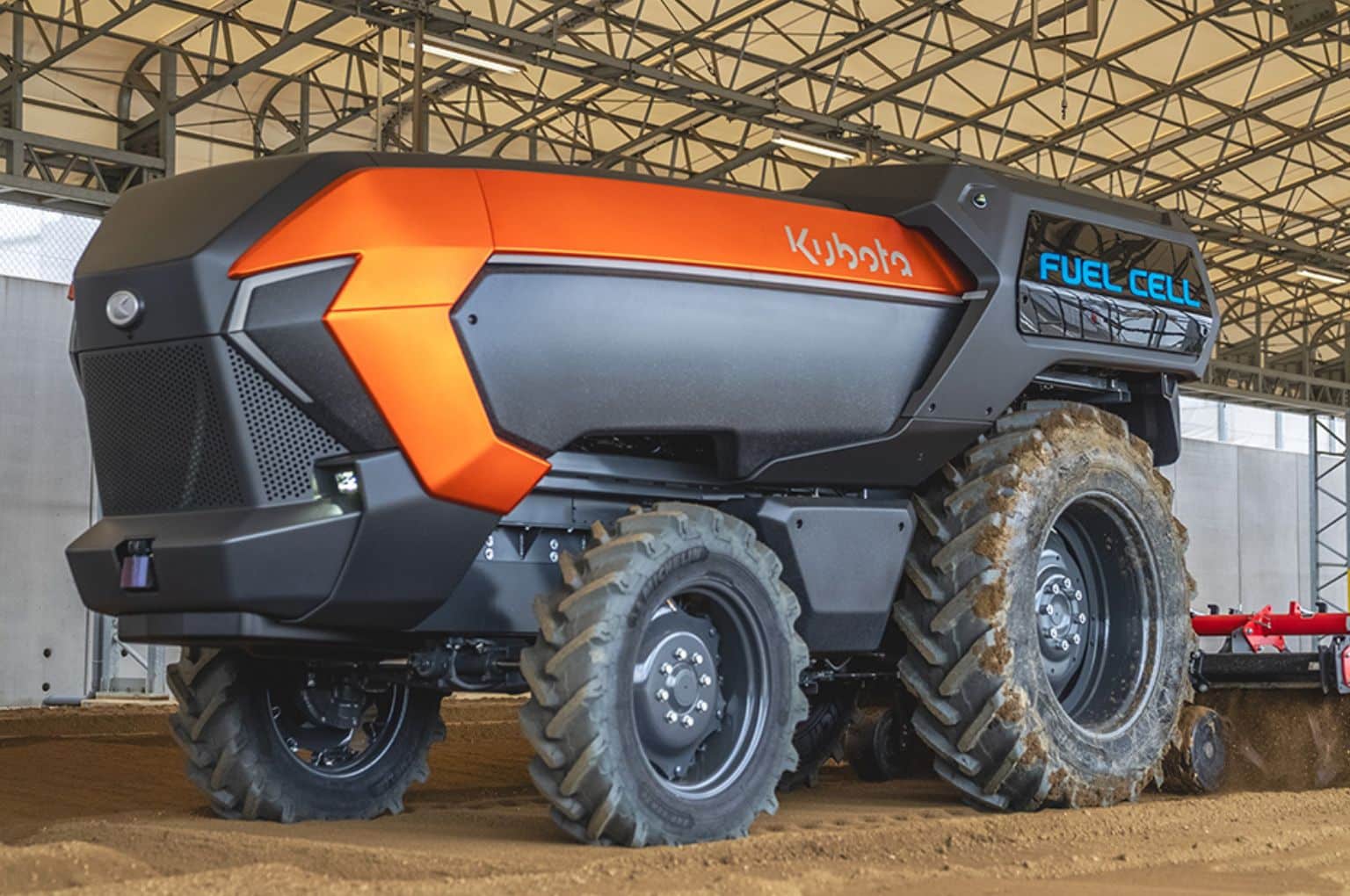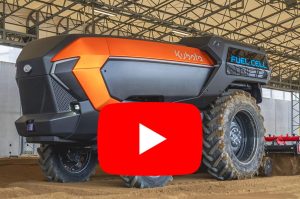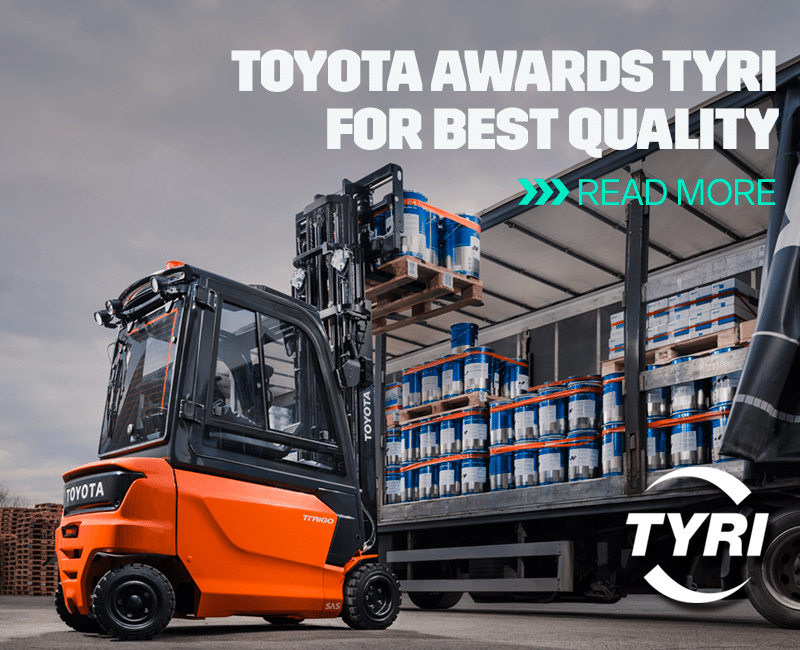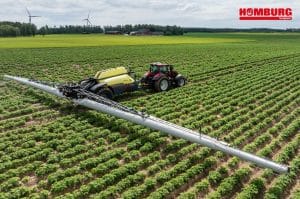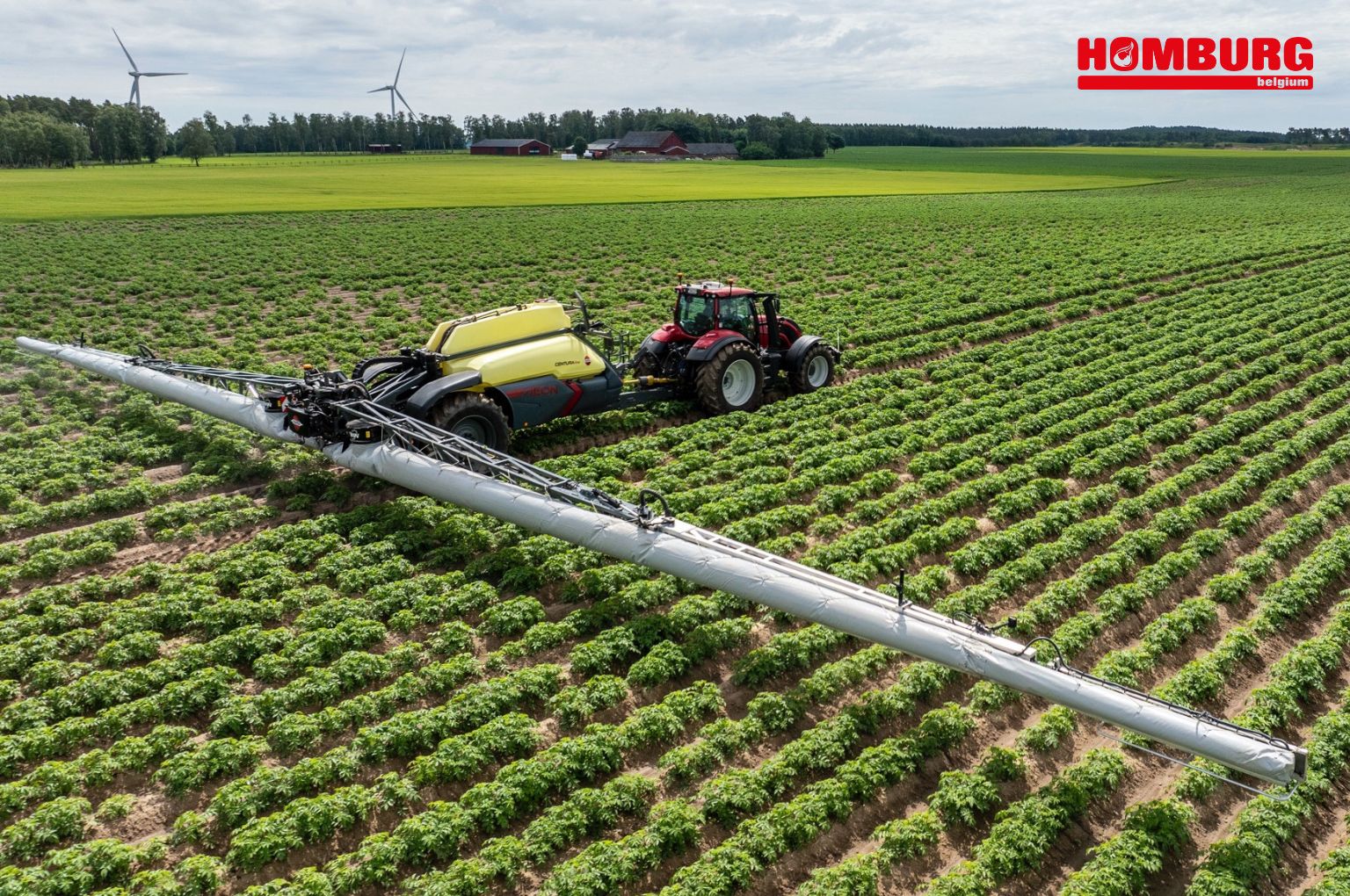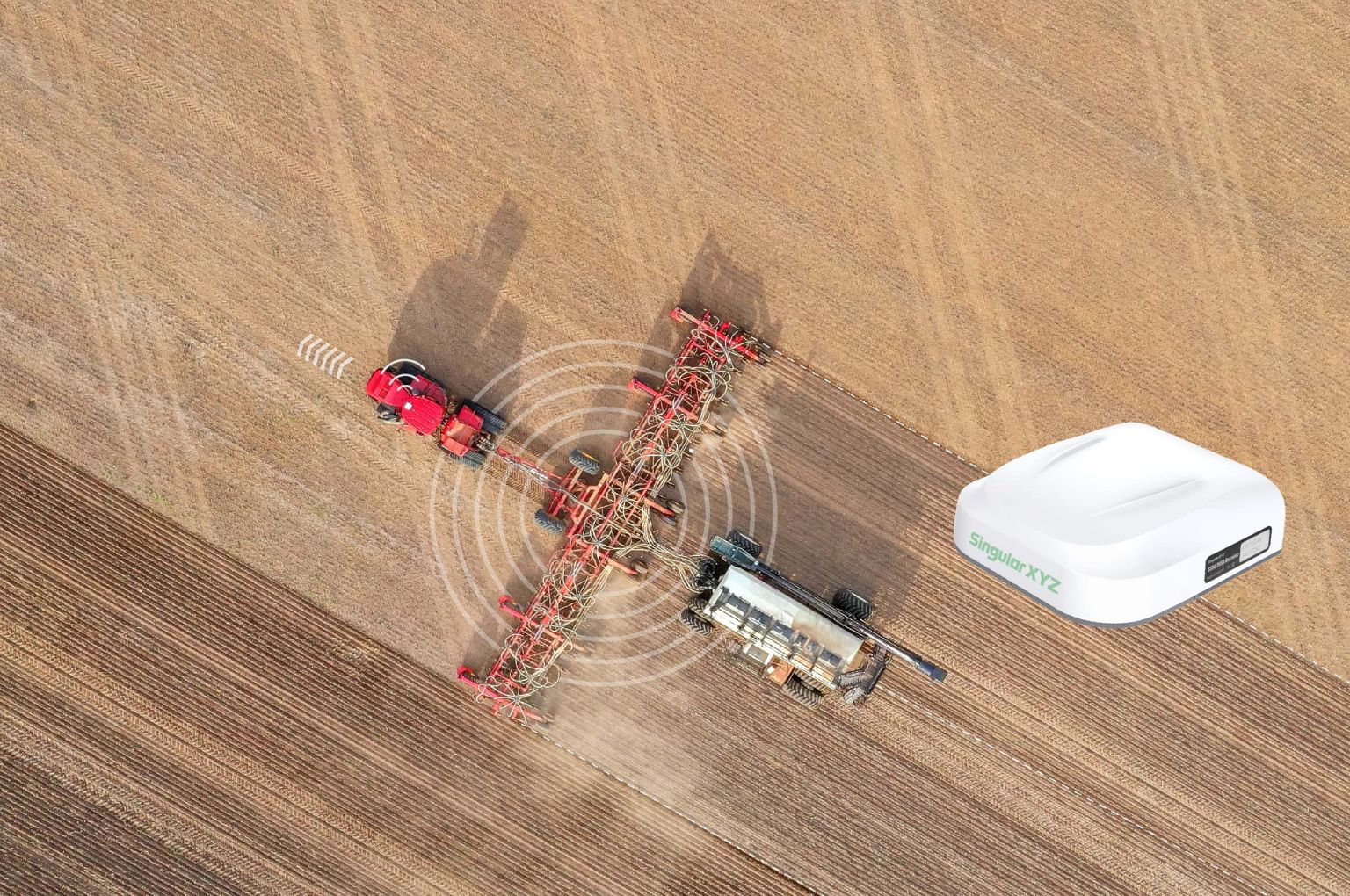Kubota Corporation is developing a fuel cell tractor. A concept model of an autonomous fuel cell tractor was on display at the recently held “Hydrogen Energy Park” event in Osaka Kansai, Japan.
While decarbonization is required as a response to climate change, severe labor shortages and population aging are worsening worldwide, making the simultaneous achievement of decarbonization and labor savings an urgent social issue. This holds true for a wide range of sectors, including agriculture.
In addition to electrification using batteries, Kubota promotes all-round research and development toward decarbonization, such as engines that use hydrogen, biofuels, and synthetic fuels. In particular, since large agricultural machinery requires high output and long operating hours, the introduction of hydrogen fuel cells, which offer high energy density, is considered one of the most promising solutions for achieving the required performance while also reducing environmental impact.
For this reason, Kubota developed an autonomous fuel cell tractor that integrates technologies for configuring and controlling hydrogen fuel cell systems optimized for tractors, along with autonomous driving and remote operation capabilities. The concept behind this model is to simultaneously achieve environmental sustainability, operational efficiency, and labor saving.
Since only water is discharged during operation, it is environmentally friendly, and is also designed for operation without operators onboard via autonomous driving and remote control, and exhibits the functions and values required for next-generation agricultural machinery in a concrete form.
Kubota plans to conduct demonstration tests in Japan fields using this concept model, including verification of advanced unmanned autonomous driving, consideration of hydrogen supply methods for agriculture, and confirmation of suitability for farming operations, while further advancing research and development.


